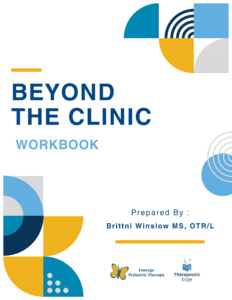
Cultivating Psychological Safety
If you missed our previous blog post about selecting the right feedback partner, check it out first before continuing with this read. We promise it will make more sense!
Once you’ve identified a suitable feedback partner (and presumably asked them to engage in a reflective practice with you), it’s essential to cultivate psychological safety within your relationship. Here are 5 strategies to promote a safe and supportive feedback environment:
1. Establish Clear Expectations: Clarify the purpose of feedback exchanges and outline expectations for both parties. Establishing ground rules ensures mutual understanding and encourages constructive dialogue.
2. Encourage Vulnerability: Lead by example by demonstrating vulnerability in sharing your own experiences and challenges. Encourage your feedback partner to do the same, creating a culture of openness and authenticity.
3. Active Listening: Practice active listening techniques to demonstrate genuine interest and empathy during feedback discussions. Validate your partner’s perspectives and experiences, fostering a sense of validation and respect.
4. Normalize Mistakes and Failure: Foster a growth mindset by normalizing mistakes and failure as opportunities for learning and improvement. Encourage risk-taking and experimentation, emphasizing the importance of resilience and perseverance.
5. Provide Regular Feedback: Foster a continuous feedback loop by providing regular, timely feedback to your partner. Regular check-ins promote ongoing reflection and growth, reinforcing the value of the feedback partnership.
Do you have any ideas of how you might phrase and set expectations? Drop some phrasing ideas in the comments. Up next in, the last part of our 3-part mini-series: “3 Common Misconceptions about Reflective Practice.”


